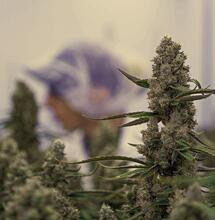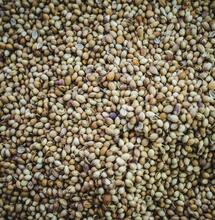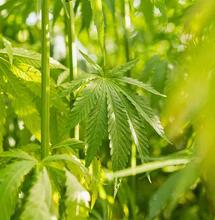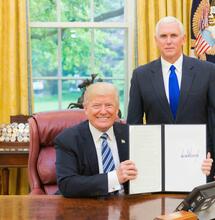Morocco to Help Ghana Break into Legal Cannabis
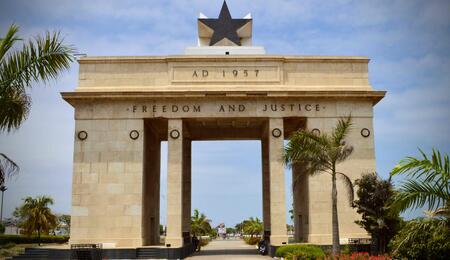
Morocco is positioning itself as a vital strategic partner for African countries looking to establish a robust regulatory and industrial framework for cannabis. Evidence of this leadership role emerged when Ghana's Narcotics Control Commission (NACOC) met with Moroccan Ambassador Imane Quaadil in Accra, specifically to study Morocco's regulatory model.
This meeting is part of Ghana's broader strategy to accelerate the implementation of its licensing program for medical and industrial cannabis.
Led by Director General Maxwell Obuba Mantey, the Ghanaian delegation expressed significant interest in various aspects of the Moroccan system, particularly licensing, supply chain control, cooperative organisation, and variety certification procedures.
In response to Ghana's interest, Ambassador Quaadil offered technical cooperation and confirmed the organisation of a visit for Ghanaian staff to Morocco in September for observation and training sessions. Her commitment underscores Morocco's desire to share its experience and strengthen the capacities of drug control agencies across the continent.
Ghana's Challenge: Balancing Economy and Security
In 2023, Ghana amended its legal framework to allow the cultivation of low-THC cannabis intended solely for industrial and medical purposes.
The new regulations assign the Ministry of the Interior the responsibility for issuing licenses, while NACOC is tasked with operational implementation and oversight. Ghanaian authorities have already published guidelines to regulate the supply chain, ensuring quality and reducing the risk of diversion to the recreational market, which remains prohibited.
Ghana faces a dual challenge: on one hand, it must create formal economic opportunities for farmers who currently rely on informal networks; on the other hand, it must establish health and traceability guarantees for patients and industries.
Why use Morocco as a Reference for Cannabis Production?
Selecting Morocco as a model is strategic, given its advanced experience in the sector. Since 2021, with Law 13-21, Morocco has legalised the cultivation of cannabis for medical, pharmaceutical, and industrial use. The institutional framework relies on the National Agency for the Regulation of Cannabis-Related Activities (ANRAC), which has made significant strides in issuing licenses.
The effectiveness of the Moroccan model is demonstrated by concrete data. In 2024, legal cannabis production reached 4,082.4 tons, illustrating the sector's solid organisation. ANRAC issued a total of 3,371 licenses, including 3,056 for cultivation and production, benefiting 2,907 farmers organised into 189 cooperatives.
This achievement highlights Morocco's ability to oversee and grow the sector while ensuring regulatory compliance and actively supporting farmers.
The cooperation between Rabat and Accra presents a tangible opportunity. Morocco can provide Ghana with the practical tools and expertise needed to tackle the challenges of regulation, traceability, and agricultural governance, fostering the development of a thriving legal cannabis industry in Ghana.
More From Soft Secrets:

